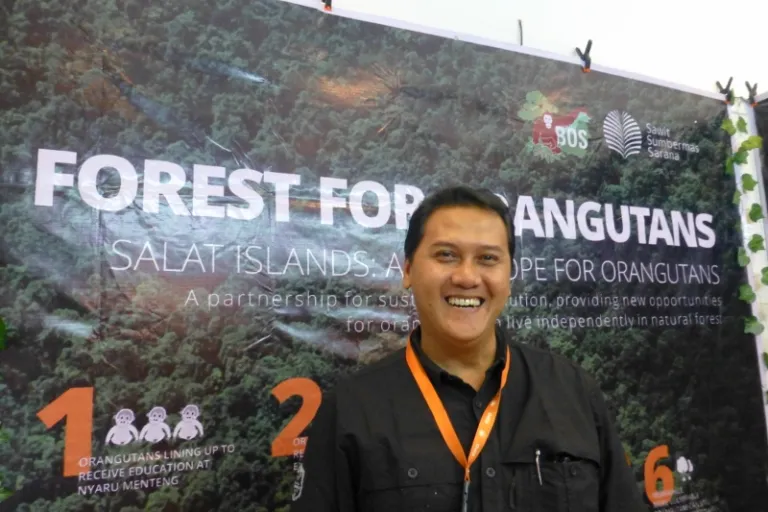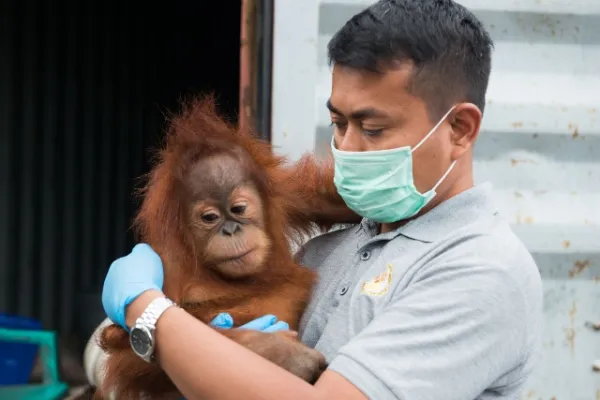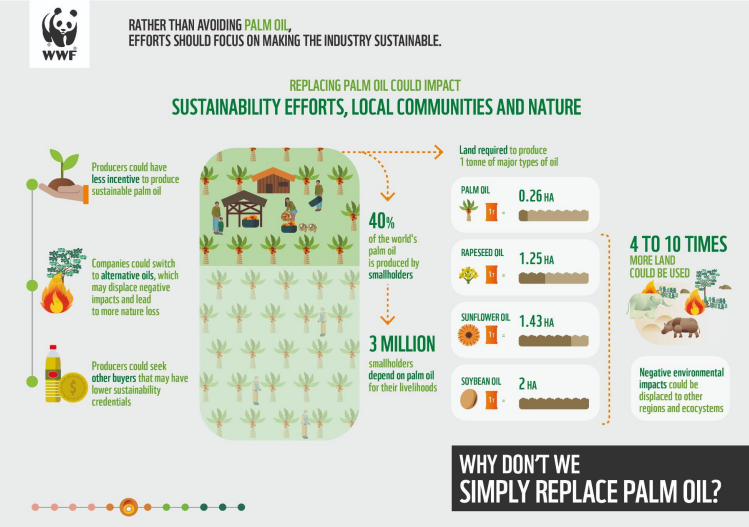Chart the future of the palm oil revolution.
With such a promising tag line, SPOC couldn’t resist to find out more on Pokok-Ed, “an educational game that simulates the palm oil supply chain in countries such as Indonesia, Malaysia, and Cameroon.” We asked founder and developer Maanit Goel to explain why he developed this online game.
Maanit Goel, why did you develop this game?
I’ve been passionate about addressing the palm oil deforestation issue since I first learned of it in my 7th grade classroom, but up until recently, I didn’t know what more to do besides boycott palm oil wherever I could. However, upon further research, I found that the issue is incredibly complex- for instance, boycotting all palm oil isn’t even an appropriate solution, since we should be encouraging sustainable palm oil producers to produce more while cornering unsustainable producers out of the market. And addressing a complex issue from the consumer side of the market requires rapid, effective, and engaging education that can be scaled across markets in a timely manner.
As a student myself, I’ve found that students are the best audience to rapidly spread lessons learned via community and family, and what better way to educate students about a complex topic than through a video game, which can be rapidly scaled, continuously updated, and provided free of cost?
How do real smallholders respond to the game?
Thus far, I have not been able to consult real smallholders on the game, but my outreach efforts continue! As the game is hosted online, I’m able to quickly update game mechanics to better reflect the realities smallholders face day-to-day as I receive more information. In working to make this game truly reflective of real-world scenarios, I first consulted the ETH Zurich board games developed under the OPAL project for inspiration on the overall season-by-season structure and some of the tradeoffs included in production, as the researchers who developed those resources were able to directly communicate with smallholders. In that way, I hope to indirectly carry on that smallholder input into this game.
I decided to split each round (a season, in-game) into a preparation phase, a harvest phase, and a sale phase, and within each phase, I wanted to provide the players with actions that would be available to real palm oil smallholders. In the prep phase, I was specifically focusing on those actions that would require the player to make tradeoffs between sustainability, ethics, and revenue- for example, deforestation, hiring workers, and leveraging child labor. In the harvest phase and sale phase, I added player agency in determining the number of trucks hired and setting a sale price, to introduce more randomness into the system while reflecting the impacts of business decisions on player success. These allow the player to embrace the feeling of running a business, while maintaining gamification and requiring players to develop not only sustainability strategies but also business strategies to succeed in the game.
Dr. Frierson from the University of Washington was very helpful in providing advice from his experience in environmental video game development with a group he leads at UW, called EarthGames. I was able to use his input to keep the game engaging and entertaining while simultaneously educational.
Do you think that the game is useful for children from consuming countries?
Yes! The game was actually developed for consumer markets. While players are put in the shoes of smallholders, the purpose of this was to teach consumers about the people impacted on the other end of the supply chain. In playing the game, students will learn how deforestation and child labor can arise out of necessity, and why even practices such as ending deforestation in the player’s plantation is not enough (because neighboring plantations will continue to expand, and gain a competitive advantage). By highlighting these issues, the game will help players understand the importance for consumer demand for sustainable practices and certification, as it will become evident that for as long as there is no sustainability distinction in consumer demand, there is no way for smallholders to solve the issue of deforestation as there will always be a plantation looking to gain a competitive edge by producing unsustainable palm oil at lower costs.
While the game is accessible to all ages, distribution (free of cost) is currently targeting students ages 12-18, who are old enough to fully grasp supply chain complexities and deal with difficult topics such as child labor and wildlife extinction.
What are the expected learning outcomes for players of the game?
- Educate students about:
- a) The palm oil cultivation process for smallholder farmers in developing regions.
- b) How issues such as child labor and rainforest deforestation can arise out of necessity.
- c) Options for sustainable practices in palm oil cultivation.
- d) The consequences of different approaches to sustainability in the palm oil supply chain and other global supply chains.
- Mobilize students in consumer markets to take informed approaches towards palm oil sustainability.
- Inspire students to consider the global natures of consumer product supply chains, and how consumer choices abroad can influence sustainable and ethical practices in producer regions .


